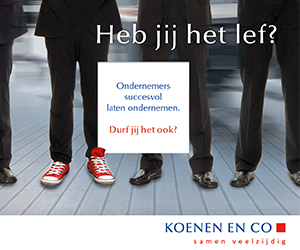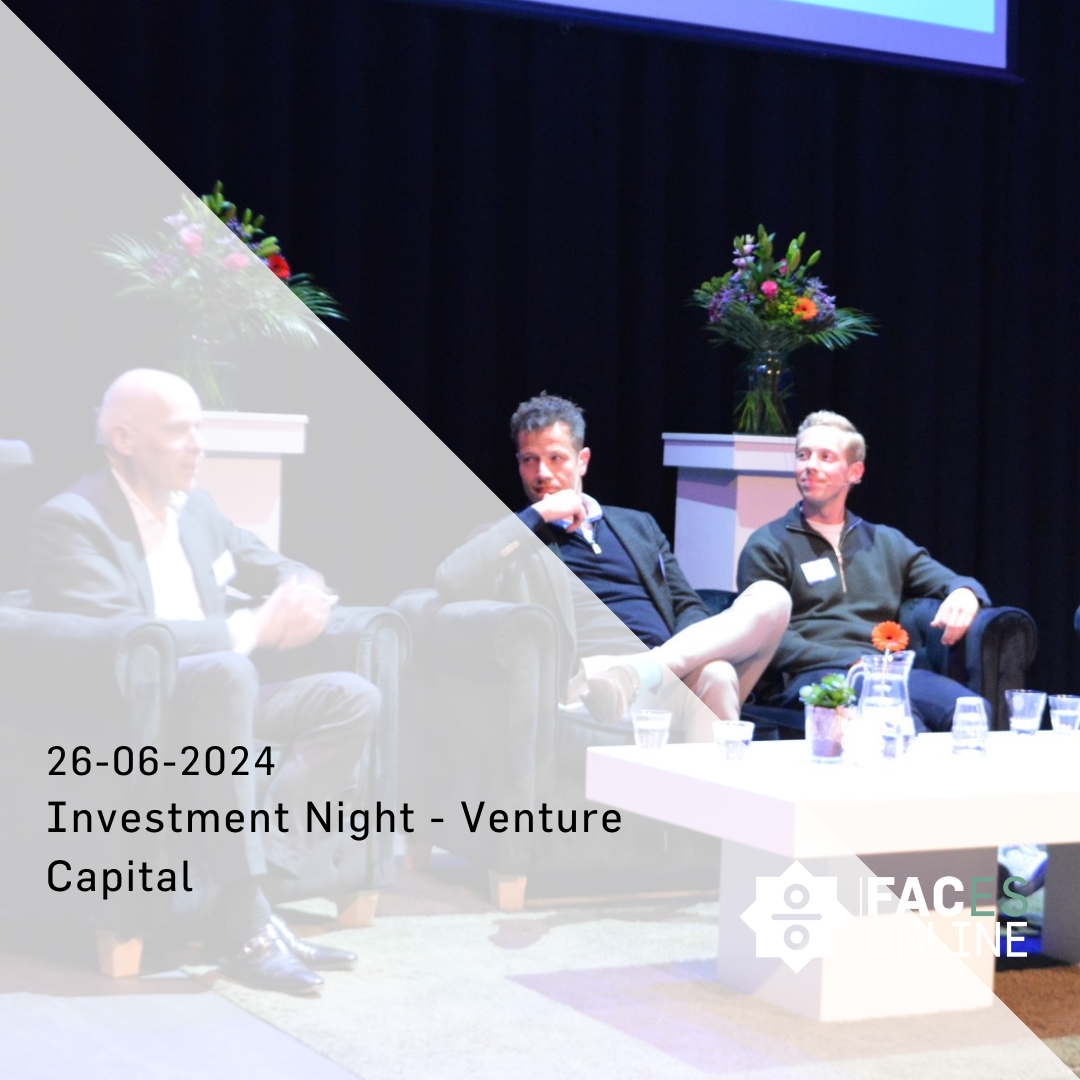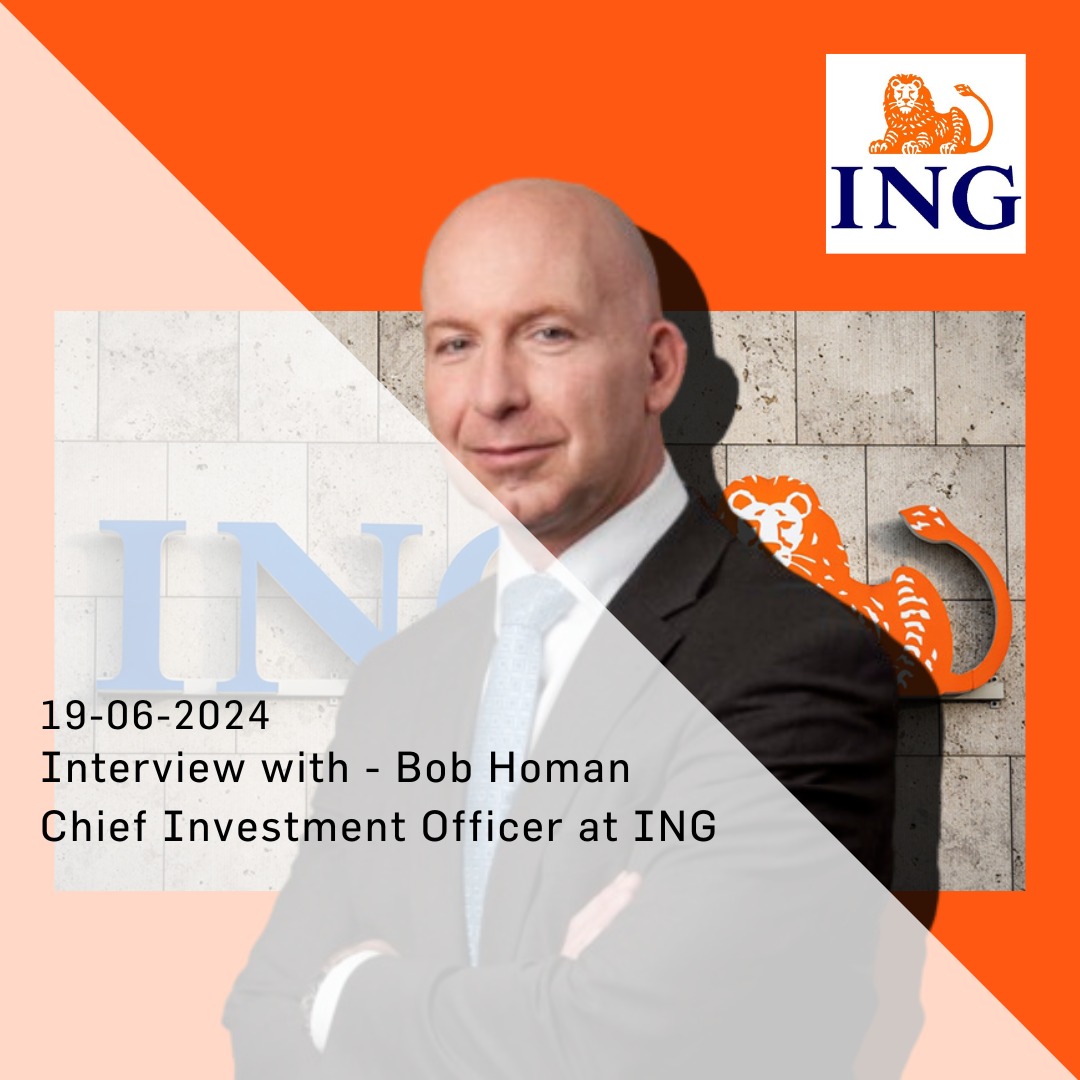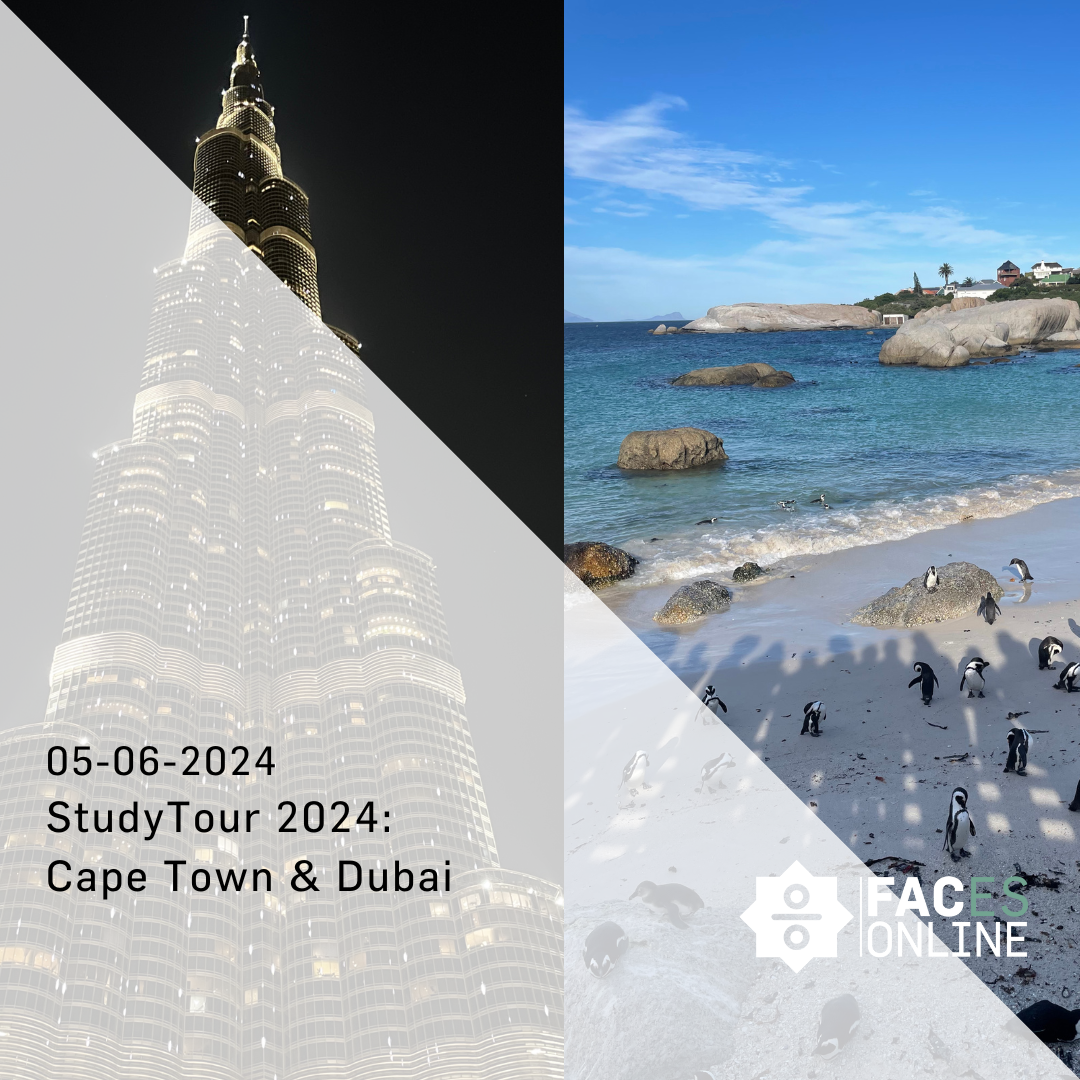Preparation for the eleventh edition of Investment Night began in early September. When we as a committee met for the first time at the beginning of

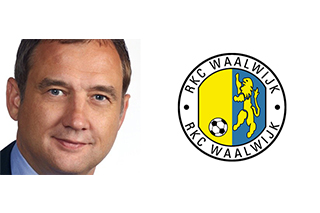
Dennis and Joost spoke to Mr. van Bijsterveldt, Interim Commercial Manager at RKC. He gives his insight about the financial world around football. He explains how football clubs earn their revenue and how they manage in their market. The interview is especially focused on the financial position of RKC Waalwijk and gives some interesting insight in this sector.
Could you tell us something about your career?
I started as a banker twenty years ago, at first mainly for private clients. I continued my career at Rabobank as a financial planner. Here I managed to build a large network what helped me with the financial and legal planning for more wealthy clients. Thanks to that network I became director at Fortis Oisterwijk, where I was responsible for entrepreneurs and enterprises. I also worked at Fortis Tilburg and at Fortis Oss. At the time I worked in Oss, Fortis Belgium got bankrupt, what resulted in a nationalization of Fortis Netherlands. Because of the nationalization I had to unite two offices of ABN Amro and Fortis where I had to integrate and reorganize. I ended my banking career at Rabobank as a private banker. 2 years ago I helped my brother in law Joonas Kolkka with the start of the Quality Options Foundation, where I got into contact with Remco Oversier. He was interested in my methods and offered me the job of Interim Manager at RKC Waalwijk. At the moment I have my own company Klix,a company which guides organizations through the changing market. At the Quality Options Foundation, we make a worldwide network with football clubs to improve the quality of young players.
Could you tell us something about your education?
As a student I have chosen a challenging road. I finished HAVO and went to Eindhoven to do HTS Bedrijfskunde, but I did not finish that education and started working when I was 21. I figured that without thorough education, especially in banking, I couldn’t get anywhere. That is why I started to attend evening school commercial economics, continued with post HBO financial planner and finished with all the banking courses available.
You have worked at several banks, but did those experiences help you to do your work as an Interim manager at RKC Waalwijk?
Let me first point out that going from a banker to Interim Commercial Manager was not a logical career move, although past experiences helped out a lot. My biggest contribution is the wide diversity of clients I used to deal with. I was used to provide clients with a very specific product. I am also able to see what my added value will be in numerous occasions. Furthermore, I have a wide network and because I understand what companies want, I was able to give added value for sponsors of RKC Waalwijk, which was a great part of my job description. The changes I made within Fortis ABN Amro, taught me to deal with a different way of working and dealing with customers. I also have a lot of management experience and because of banking, a broad view on financial structure.
Which revenues and costs are the most important for RKC Waalwijk?
Structural revenues are the most important, because you cannot build a financial plan based on non-structural revenues such as player transfers. At RKC Waalwijk, total revenues were 5.6 million last year. The key revenues are television rights of FOX-Sports (35%), sponsors (50%), ticketing (15%) and merchandising.
With exception of Ajax, Feyenoord and PSV, television rights are the most important revenues for Dutch football clubs. How much a club gets depends on the time you play in which league and the average rank you have had in the last five years. When RKC played in the first league last year they got 2.1 million euros, but this year they will only get around one million since they degraded to the second division.
The loss RKC incurred could not be fixed with extra sponsors; because, sponsors went away because there is less exposure of their companies in the second division, which resulted in a loss of one million.
The average football club spends about sixty percent of their entire budget on salaries. RKC spends 13 percent of their budget on training and costs incurred for matches. The municipality of Waalwijk owns the stadium; therefore RKC has to pay rent which contains twelve percent of their budget.
What is the Influence of Municipality’s on Football Clubs?
The municipalities do not voluntary spend capital on their local club. They do not have personal interest in football clubs so they are not actively involved in them. The main reason why most of the municipalities spend capital on their club is to maintain the community belonging with the club.
How is the ratio between the budgets of the smaller and larger clubs in the Eredivisie?
The large clubs, Ajax, PSV and Feyenoord, are all-determining in terms of television views and attractiveness. The problem is they cannot just play against each other. They need the entire competition to exist, especially now when they are not doing well in European tournaments. The large clubs get a lot of income from television, merchandising, ticketing and sponsors. The medium-sized clubs e.g. Utrecht and Vitesse, gain a lot of income from private investors. The clubs below them e.g. Heereveen, Hercacles and Cambuur, earn their income by executing a solid and clever policy. Clubs like Willem 2 and RKC, who went through financial difficult times, need a long time to recover from their low budgets. The ratios between the larger and the smaller clubs are growing every year. Ajax had a 65 million euro budget last season, while Cambuur Leeuwarden had only 4 million. The television income for this season fluctuates between 1.66 and 8.68 million euros.
How important is Youth Training for Clubs in the Eredivisie, in particular RKC Waalwijk?
RKC has consistent youth training. Together with FC Den Bosch they form Brabant United. Due to the current crisis at RKC, it is harder to pay for the transfer costs and salary of contracted players. The level of the players dropped, which gives youth players a bigger opportunity to play for the first team.
What are the most important steps RKC should take to get out of the current crisis, in your opinion?
The main step is to create a multi-year plan for the future. RKC should try to figure out how to decrease their indebtedness. RKC is almost bankrupt, also due to a legal penalty of 750,000 euro from the Dutch IRS regarding an case of Income Tax that should have been paid after a transaction with Russian broker. RKC should explain their financial state and financial needs to their followers, municipality’s, civil society organizations and fans. The next step is a bond offering, which will result in a more cash but also an increasing debt. Thus they need a plan to get out of this position, without including incidental gains like transfers. RKC should for example offer other events than football in their stadium to gain capital.
Are modern funding techniques like crowdfunding used in football?
Football clubs hardly use these, which is strange because football clubs have so many followers. From my experience I think they should use them.
In what timeframe could they be applied?
Due to the rapid development it might already be possible this season. I think it is necessary for the Dutch clubs. The alternative is a takeover from an informal investor from abroad, like the Russian Aleksandr Tsjigirinski from Vitesse. That is the worst that could happen to the fans. The power of the Dutch football is the relationship between the fans and the clubs. Such an investment does not inure with the football itself.
Do you have any advice for economy students?
It is certain the current students will fulfill an important function, but the way these functions are performed is changing. The challenge for the students is to find the right application of their field.






